There is no writer out there who does not dream of the deafening success of their own book. However, sometimes authors are held hostage to this success and become the writer of a memorable book or series for their readers.
One of the authors on this list had only one famous book, and all of his other works remained in the shadows. One of the worst-case scenarios came when Winnie-the-Pooh author Alan Milne stopped being taken seriously after writing this series.
We learned more about the works of writers who became famous just by writing a book. We also found many other valuable works by these authors that can be added to your reading list.
Emily Brontë and Wuthering Heights
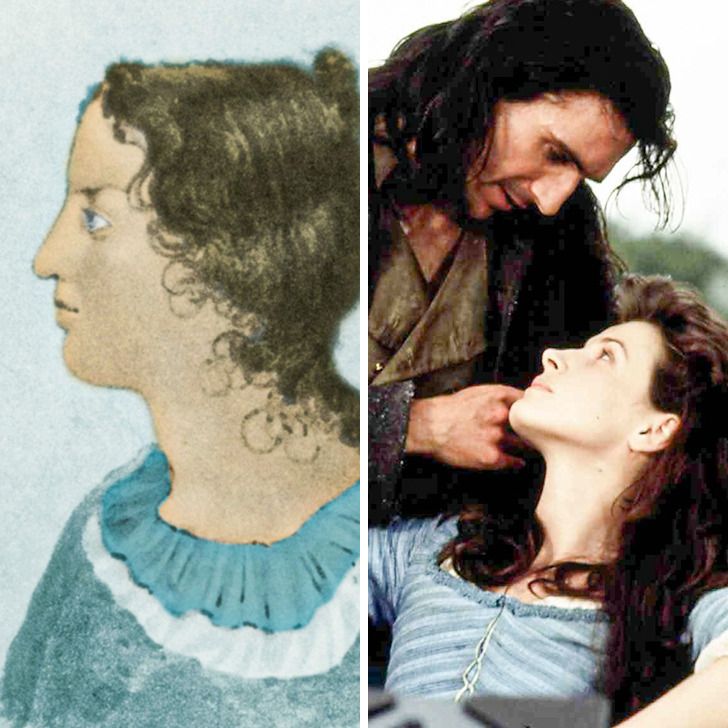
Unlike her sister Charlotte, the poet Emily Brontë only wrote one novel. It was published in 1847 and went almost unnoticed during the author’s lifetime.
Only in the late nineteenth century did the Gothic novel gain universal recognition and figure prominently in English literature. The writer herself lived only 30 years.
The novel was shown many times in the 20th century. The 1939 version, starring Laurence Olivier, one of Hollywood’s most famous actors like Heathcliff, is considered one of the best. Another popular film adaptation is that of Juliette Binoche in the title role.
What else to read:
- Her poetry
Oscar Wilde and The Picture of Dorian Gray
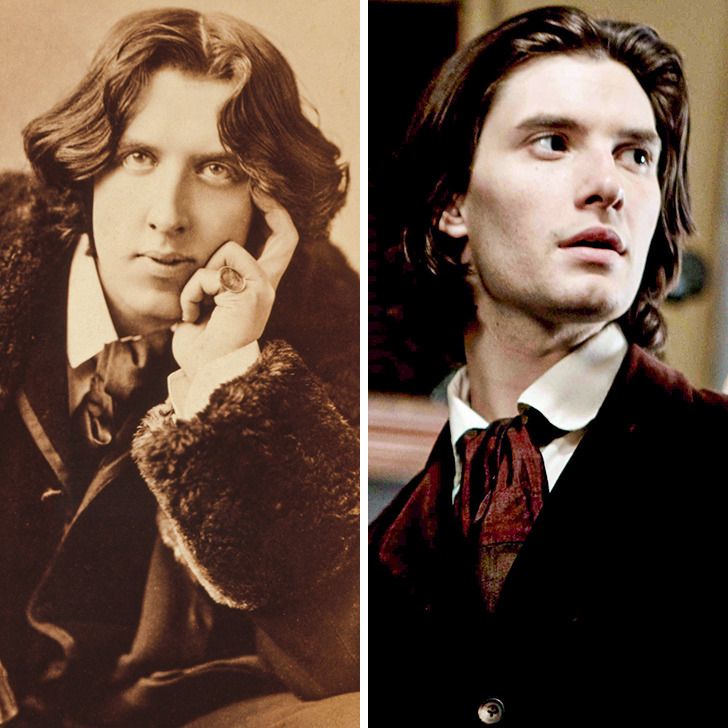
The Picture of Dorian Gray turned out to be the only published work by playwright Oscar Wilde.
It was written in just 3 weeks and published in 1890 in Lippincott’s monthly magazine and brought the author enormous fame instantly.
A year later, the work was published as a separate book. After the publication of the novel, a great scandal broke out in society.
People called it amoral and tried to ban it. Wilde himself would say that each person sees their own sins and evils in this book.
What else to read:
- The Canterville Ghost
- his collection of poetry (1881)
Bram Stoker and Dracula
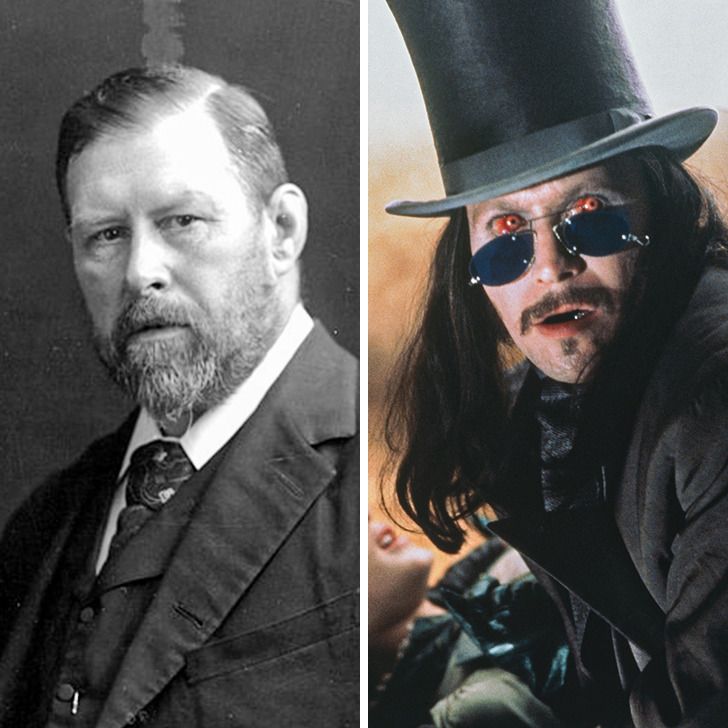
The bibliography of the Irish writer Bram Stoker includes many short stories and several novels. But he is best known for his book on the aristocratic vampire Count Dracula, published in 1897.
It is Bram Stoker whom we can thank for popularizing the “vampire myth” and for the many popular movies and television series on the subject.
However, although the critics were very kind to this novel, it did not have much success during the first years of its existence. Its author died after suffering a stroke.
The movie from the year 1922 made the image of Dracula popular.
What else to read:
- The Lady of the Shroud
- The Lair of the White Worm
J.D. Salinger and The Catcher in the Rye
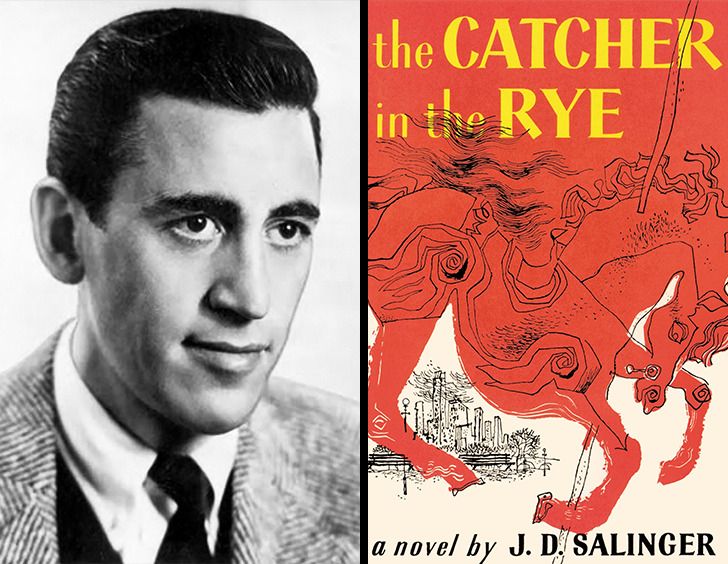
In the second half of the 1940s, Salinger earned a reputation as a skilled novelist. However, the author had real success after releasing his novel The Catcher in the Rye in 1951.
The book, written about a 17-year-old teenager, enjoyed deafening popularity and won the love of readers around the world. Even today, about a million copies of this book are sold annually around the world.
Surprisingly, the author has prohibited any adaptation of the book for movies or theatrical performances. Salinger believed that “The Catcher in the Rye is a very novelistic novel.
There are ready-made ‘scenes’ – only a fool would deny it – but, for me, the weight of the book is in the voice of the narrator, in his incessant peculiarities, in his personal and extremely discriminatory attitude towards his reader-listener, his asides about gasoline rainbows in street puddles, his philosophy or way of looking at cowhide suitcases and empty toothpaste cartons — in a word, his thoughts.
And Holden Caulfield himself, in my opinion undoubtedly oversensitive, is essentially unattainable. A sensitive, intelligent, and talented young actor in a reversible jacket would not be enough. “
What else to read:
- Nine Stories
- Glass family short stories
Alexander Griboyedov and Woe from Wit
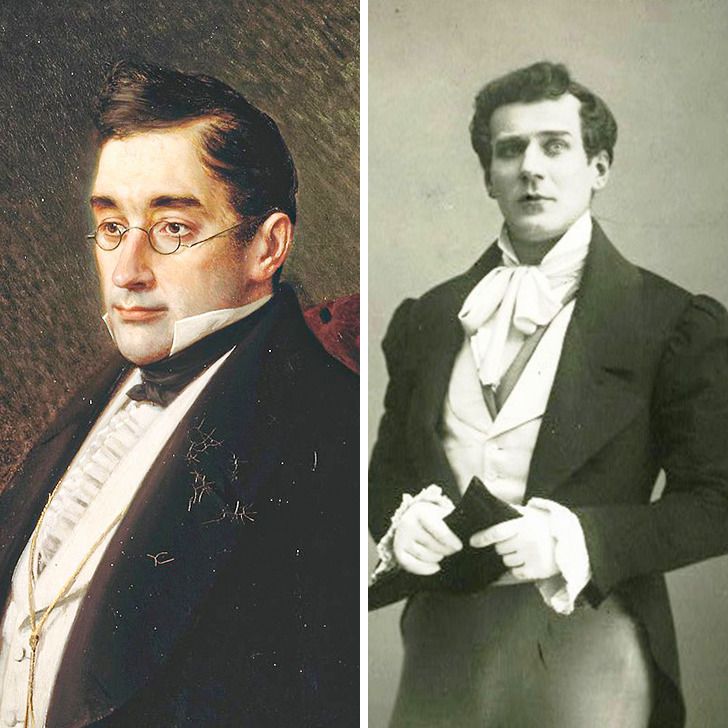
Griboyedov is first known as the author of the verse comedy Woe de Wit, which is still being adopted in various theatrical performances.
This comedy was written in 1823. It strongly satirizes the high society in times of servitude and is literally divided into quotes. Woe from Wit is the peak of Russian playwriting.
Alexander Griboyedov was an extremely talented person: diplomat, poet, pianist, and composer.
What else to read:
- The Young Spouses
Do you know any of the other works by these writers that became famous thanks to a single book?









